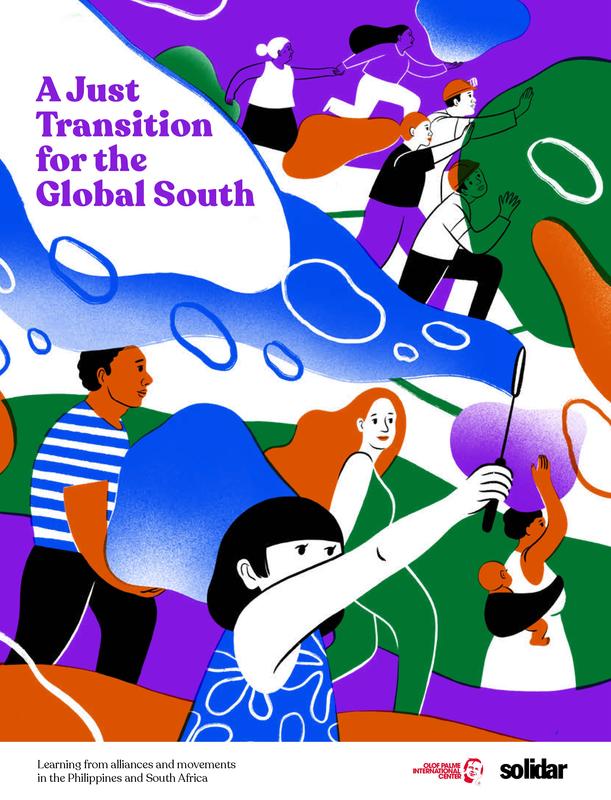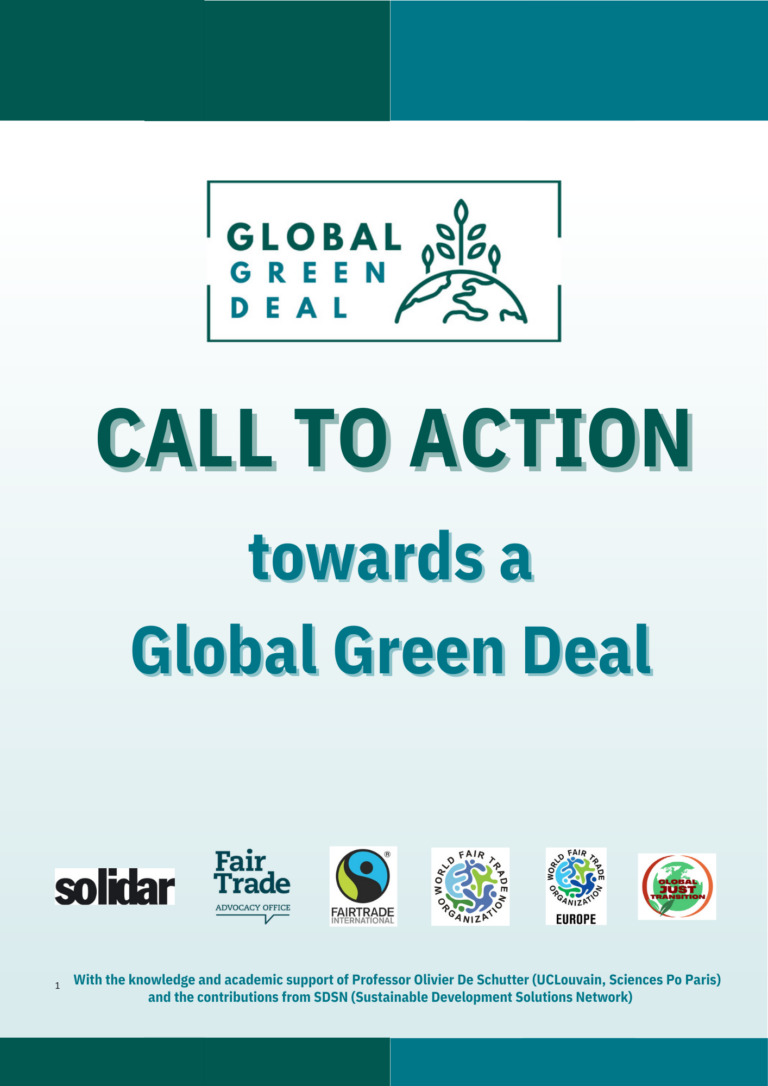South African women farmworkers challenge the EU double standards
The EU is lagging behind on the implementation of the 2030 agenda for sustainable development, while some of its policies risk putting at stake partner countries’ capacity to achieve the Sustainable Development Goals (SDGs).
The European Green Deal itself risks increasing the lack of Policy Coherence for Sustainable Development (PCSD). This is because some of the measures adopted for its implementation can negatively impact partner countries (negative spillovers), but also because of the lack of coherence between what the EU practices at home and what it promotes outside its borders. An example of this double standard is the fact that the EU still allows its companies to export, to partner countries, pesticides whose use is banned in the EU. To ensure PCSD, the EU needs to strengthen the European Green Deal with a strong external dimension that guarantees a fair distribution of the cost of the transition between Europe and partner countries and ensure that the EU leads a Just Green Transition domestically and abroad. This can be achieved only with a Global Green Deal.
To testify the need for the EU to have not only a European, but rather a Global Green Deal, the South African feminist organization Women on Farms Project (WFP) is travelling from Cape Town to Brussels at the end of November, to share their testimonies and advocacy messages with policymakers, trade unions representatives and other CSOs.
WFP is a long-standing partner of SOLIDAR’s member FOS, and they’ve been tirelessly fighting for the rights of women farmworkers and dwellers in the Cape region’s vineyards. One of their main struggles relates to the ban on pesticides produced in the EU and exported in South Africa. In fact, their research shows that there is a clear double standard in EU pesticide regulation as 67 pesticides banned for European soil because of their proven, or strongly suspected toxicity to human health, biodiversity and the environment, are still produced in European countries and exported to South Africa where they are very much still being used.
This entails strong labour rights violations and harmful consequences for farm workers and families living near the vineyards, which are suffering from severe health impacts, including asthma, fetal malformations, skin disorders, and eye lesions. Furthermore, national regulations that require farm owners to provide protective clothing and adequate training are in place but often not followed.
In addition to the pressing issue of calling on the EU for an end to the production and export of Highly Hazardous Pesticides, during their advocacy tour in Brussels WFP are shedding light on other very important and often linked and cross-cutting issues for women farm workers and dwellers in South Africa, namely the need for the EU :
- To adopt an ambitious mandatory due diligence legislation which would enhance the respect of fundamental labour rights and would provide for responsible purchasing and for effective remedies and justice for farm workers harmed by European companies.
- To support partner countries’ efforts to set up and scale up social protection floors and systems, including adequate minimum income schemes; fair minimum wages; and unemployment benefits to protect farmworkers from food shortages in off-season;
- Finally, through its development cooperation policies, the EU needs to promote and support independent and representative Trade Unions and grassroots feminist CSOs in South Africa, such as Women on Farms Project.




